Salmon farmers are hoping next week’s general-election can help deliver a better business climate for Scotland’s top food export.
Atholl Duncan, chairman of industry body Salmon Scotland, told The Press and Journal the sector needs more support from MPs based at Westminster and MSPs at Holyrood.
“That’s our big message at the moment,” he said, adding: “We think it really is time for both the Scottish Parliament and UK Parliament to start getting behind our industry.”
There is enormous potential for the sector in a fast-growing global market but “a lot of our politicians seem to be standing idly by” and not grasping this opportunity, he said.
We don’t seem to have much support across the two parliaments.”
Mr Duncan went on: “There is an opportunity in the sector to create prosperity and growth.
“Here on our doorstep we have one of the biggest opportunities of all to grow the economy and create jobs in rural areas, and put more money into Highlands and Islands’ communities.
“But we don’t seem to have much support across the two parliaments.”
“It’s time politicians of all parties put warm words into action to support the sector.”
Scottish salmon directly and indirectly supports more than 12,000 jobs, Mr Duncan said.
But a much wider measure of employment – including teachers, train drivers and small shop owners, for example – “probably” puts the employment total supported by salmon farming at more than 30,000, he added.
Battle for more inward investment
Salmon Scotland was among exhibitors at the huge Seafood Expo Global event in Barcelona earlier this year.
But the industry body hit barriers when speaking to potential investors in Scottish salmon farming, Mr Duncan said.
He continued: “Looking at Scotland, you could see they were asking ‘do we really want to invest there in the future?’
“We are doing everything we possibly can to convince them it is indeed the place to invest.
“But we need civic Scotland and the UK Parliament to realise just how much the sector contributes to the economy, and to get right behind us fairly and squarely.”
It is more than two years since Professor Russel Griggs announced findings from his Scottish Government-commissioned study into salmon farming.
Prof Griggs recommended a reformed regulatory framework should be delivered within a year to reform a sector reeling from a cocktail of challenges, including labour shortages, inflationary pressure and a chronic shortage of housing for workers, as well as issues surrounding planning permission for growth.
“None of the recommendations have been put into action,” Mr Duncan said.
Lengthy planning delays
Salmon Scotland’s chairman also highlighted how he had been told by the boss of a major global fish farmer that a planning application for a new site was still being processed after five years.
Delays like this are stymieing inward investment, he said, adding: “Scotland used to be 10% of the global market. Now it’s just 6%. That’s happened over a period of about 10 years.”
A follow-up inquiry into the Griggs report is currently taking place.
Addressing MSPs on the rural affairs and islands committee earlier this year, Rural Affairs Secretary Mairi Gougeon said: “We are making good progress on reviewing and reforming aquaculture regulation following the independent review of aquaculture consenting that was delivered by Professor Russel Griggs.
“The Scottish Aquaculture Council, which I set up last year in response to the review, is advising on the delivery of all our commitments to ensure the sector is supported and innovative, and that it operates within environmental limits and with social licence.”
Stalled growth
According to Mr Duncan, the Scottish salmon industry’s growth has stalled, despite rising demand for the omega 3-rich fish in an increasingly competitive global market.
He added: “When you look at the global ‘blue economy’, Scotland has advantages nobody else in the world really has.
“But unless we can corral everyone together to support the sector and make it more internationally competitive there is a risk that we will miss this opportunity.
“We wouldn’t let that happen with oil and gas, or tourism.”
“We don’t have that many opportunities for the Highlands and Islands.
“But here is a good local brand, with an opportunity to create more jobs and prosperity.
“We want to be able to put more money into the communities where we work.”
Mr Duncan also highlighted major challenges, such as housing, facing rural Scotland.”
Salmon farm workers need somewhere to stay, and one solution could be to ringfence the £20 million a year the industry pays to Crown Estate Scotland for seabed licences and use that cash for housing, he said.
Up to 50 lorry-loads of Scottish farmed salmon make their way to France and Spain every night.
But the industry is still suffering red tape and other impacts of Brexit.
Scottish salmon’s Brexit bill
Quitting the European Union is estimated to be costing the sector up to £100 million a year in lost exports.
In 2019 there were more than 53,000 tonnes of Scottish salmon exported to the EU, with the figure falling to 44,000t in 2023.
Meanwhile, the promised digital health certificates for exports and “frictionless trade” have yet to materialise.
Mr Duncan told the P&J: “We need to get our products to market in as frictionless a way as possible, but increased costs and bureaucracy are slowing us down.”
EU export losses offset by increased sales of Scottish salmon to Asia and US
The Brexit impact on sales to traditional markets like France and Spain has been mitigated to some extent by strong growth elsewhere, particularly in Asia and the US.
Total international sales in 2023 were up by £3m to £581m, boosted by a 7% increase in exports to the US and 22% growth in Asia.
Scottish salmon industry also facing major recruitment challenge
Recruiting workers into the sector is also more difficult since Brexit, Mr Duncan said.
And people already working in the industry across the Highlands and Islands feel their voices are “being drowned out” in debates over environmental and other key issues for the sector, he added. Salmon farmers are “moving quickly on innovation and sustainability” but recognise there is still much work to do to get to net-zero, he said.
Likewise, the industry will continue to “accelerate” its efforts to address some of the biological issues it has faced in recent years, such as gill disease and sea-lice, he said.
Reiterating the sector’s need for political support in Edinburgh and London, Mr Duncan said: “Our Scottish salmon brand is top of the world and we must build on that.
“It would be a crying shame if we missed the opportunity to do so.”
Scottish salmon facts and figures
- The industry harvests more than 150,000 tonnes of Scottish salmon a year, making Scotland the third largest producer of Atlantic salmon globally.
- It is estimated the sector employs more than 2,500 people directly, with a further 10,000 in indirect and induced roles supporting the fish farms.
- Farmers generate an estimated £1.2 billion a year in “farm gate” value.
- It is claimed the direct, supply chain and employment impact from the sector adds more than £760m to the Scottish economy every year.
- Farming takes place on more than 200 sites, mainly in the Highlands and Islands.
- The supply chain is said to comprise more than 3,600 companies across Scotland.
- Scottish salmon is the UK’s most valuable food export, with more than £600m-worth of fresh fish sold abroad annually.
- 38 Scottish salmon are exported overseas every minute.
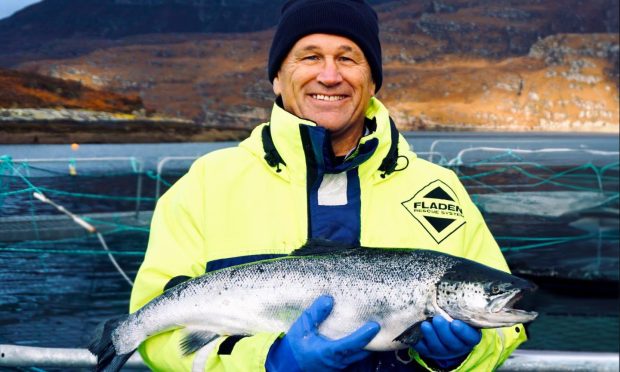
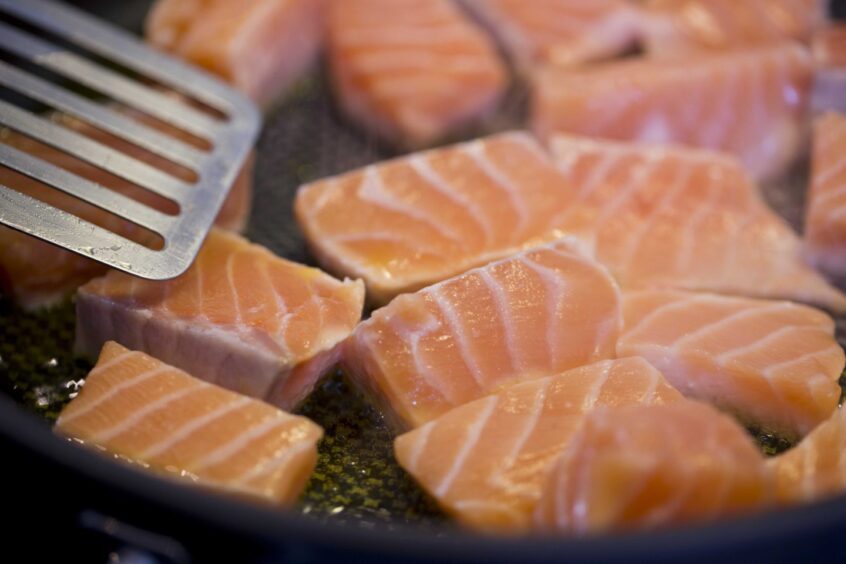
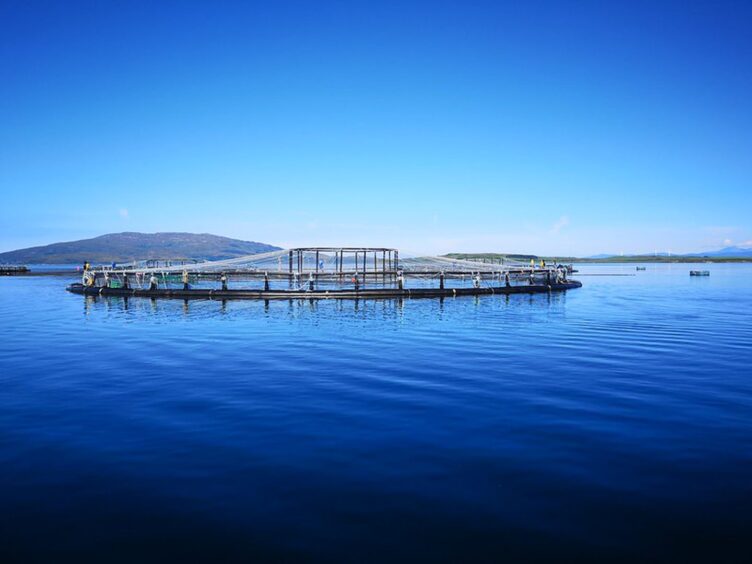
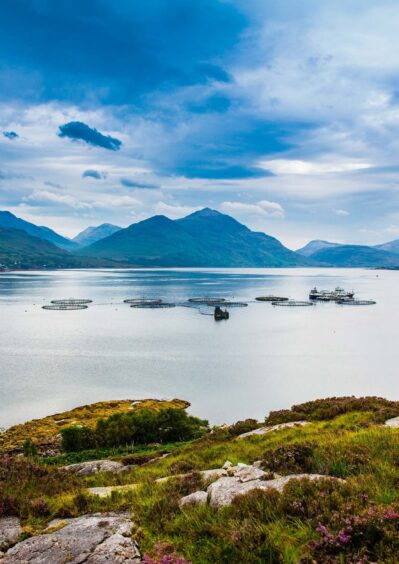
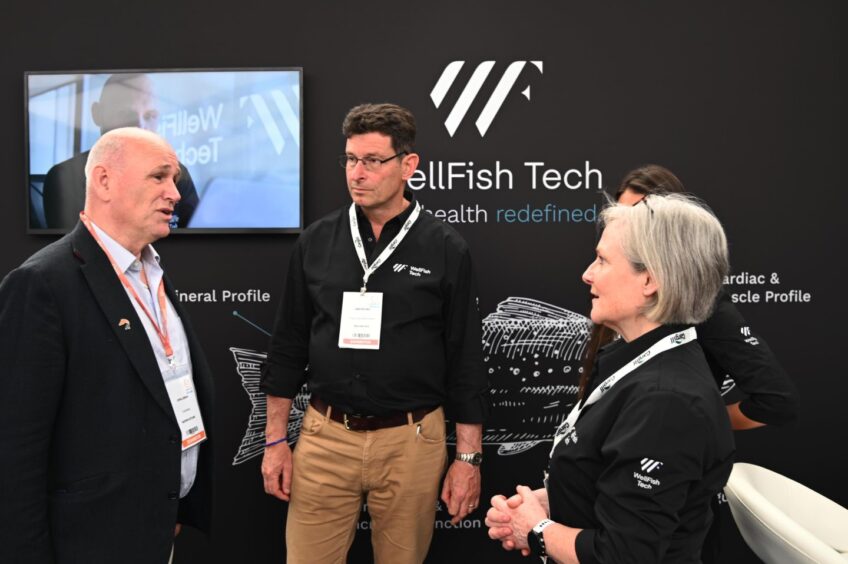
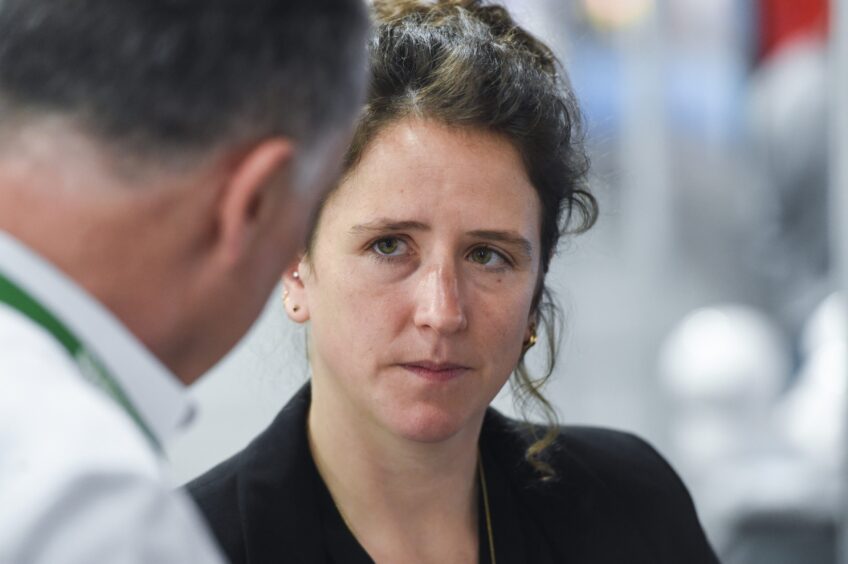

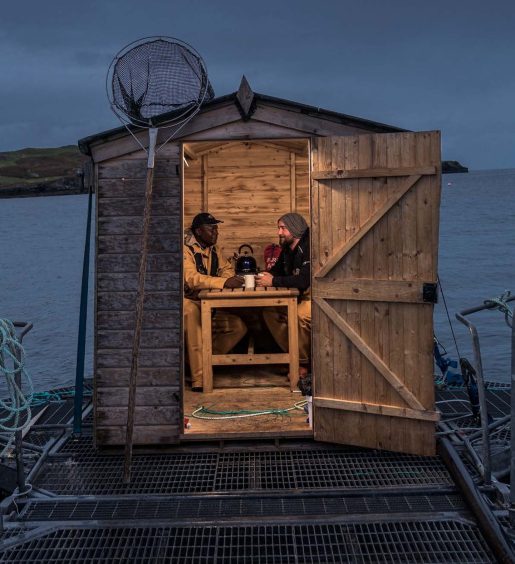
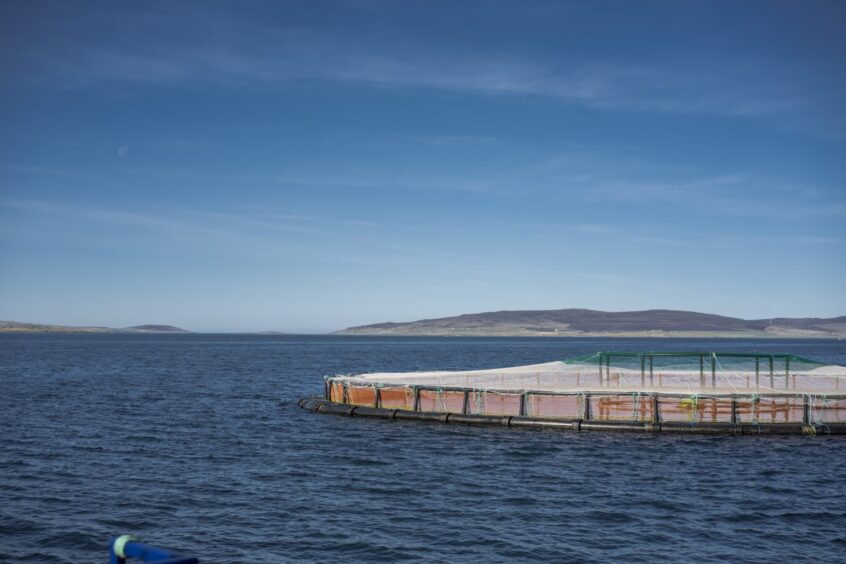
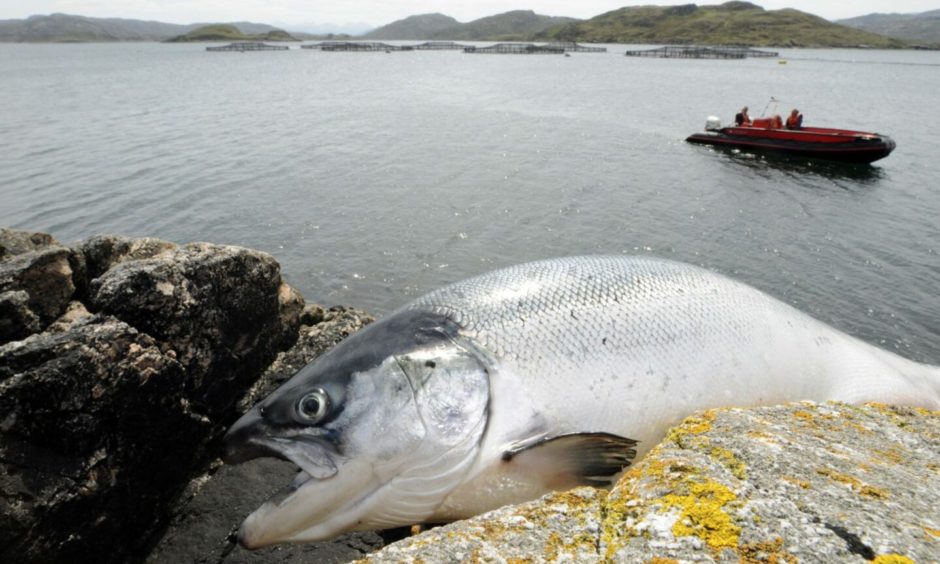
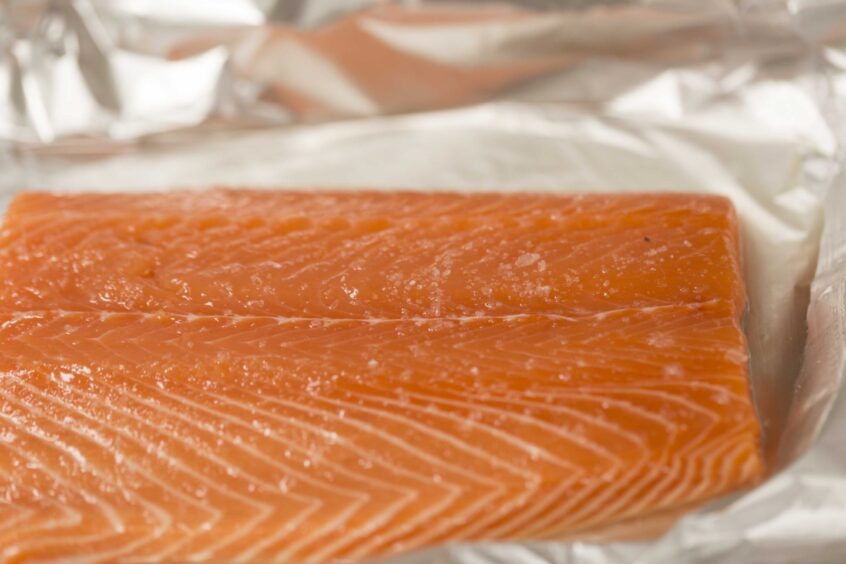
Conversation